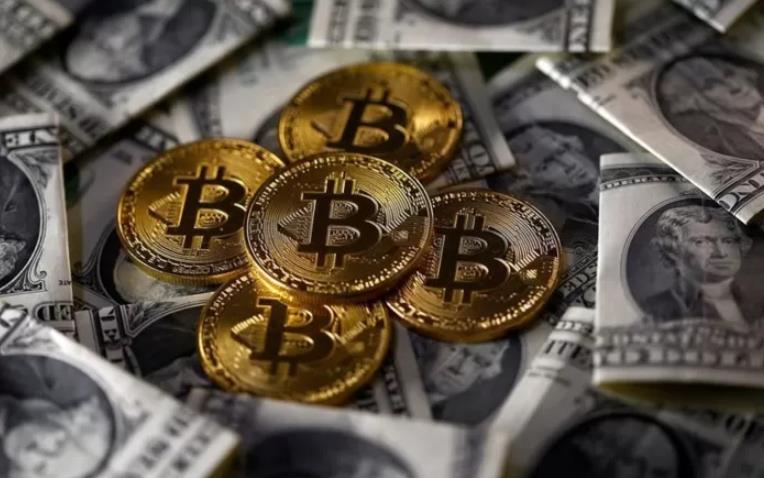Will Bitcoin be the best option for expatriates to send money to their home countries?
ADVERTISEMENT
Earlier this month, the Congress of the Central American country of El Salvador (El Salvador) voted to legalize bitcoin as the country's other legal tender outside of the U.S. dollar within 90 days, making it the first country in the world to do so.

The new law means that all businesses will have to accept bitcoin as legal tender for trading goods or services, unless they are unable to provide the technology needed for the transaction.
Nayib Bukele, the president of El Salvador, said the move will make it easier for Salvadorans living abroad to send money to their home country, a method known as remittances (also known as remittances or money transfers).
Many people in countries such as El Salvador depend heavily on remittances from expatriates for their livelihoods. In El Salvador, diaspora remittances account for 20% of the country's gross domestic product (GDP).
More than 2 million Salvadorans live outside of the country's territory, but they maintain strong ties to their home country, sending more than $4 billion in remittances to the country each year.
So could Bitcoin, or cryptocurrency, be the best way for them to send money back home?
Cyberhacking Bitcoin Donations: "Ill-gotten Gain" or "Robbing the Rich to Give to the Poor"
Does it work to build a national economy with a virtual currency?
Bitcoin Consumes Huge Amount of Energy "More Than Argentina's National Electricity Consumption"
In countries like El Salvador, many people's lives are highly dependent on remittances from expatriates. In El Salvador, expatriate remittances account for 20 percent of the country's gross domestic product (GDP).
Expatriates typically send money to their home countries through a bank or other financial service provider, but these intermediaries can drive up the cost of sending money across borders.
For example, if someone sends $1,000 back to El Salvador from the U.S., even if the exchange rate is billed as "zero fees," the customer may actually face charges from the bank on both sides.
One of the advantages of Bitcoin or any cryptocurrency is that it does not rely on any intermediaries.
As a result, bitcoin may be more attractive to some poorer countries and to individuals who want to avoid such fees.
However, cryptocurrencies may also pose other significant risks.





